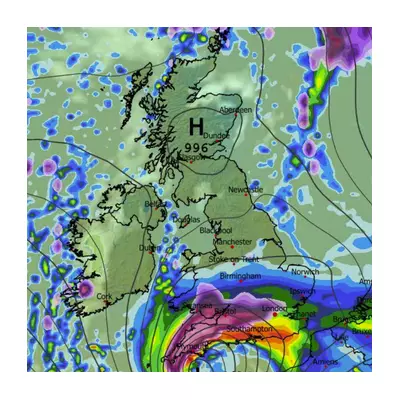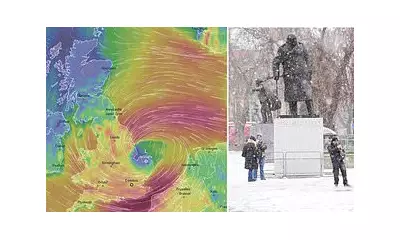
A Russian climber, stranded in a perilous position on one of the world's most formidable mountains for over a fortnight, is now presumed dead after a conclusive thermal imaging scan detected no signs of life.
The mountaineer, identified as Alexander Gukov, became trapped at an altitude of approximately 24,000 feet on the sheer north ridge of Latok Peak in Pakistan. For fourteen days, a complex international rescue operation battled treacherous weather and extreme altitude in a desperate attempt to reach him.
A Son's Desperate Plead
The grim conclusion from officials comes merely a day after the climber's son made a heartfelt public appeal, begging authorities to renew rescue efforts. His emotional plea highlighted the agonising uncertainty faced by the family as they clung to hope against increasingly insurmountable odds.
The Final Survey
Pakistani authorities, coordinating the mission, confirmed that a final aerial survey using advanced thermal imaging technology was conducted over the last known coordinates. The equipment, designed to detect human body heat even in harsh conditions, found no indication that Mr. Gukov had survived the two-week ordeal exposed to the elements at crushing altitudes.
"The thermal imaging survey has been completed," a official statement revealed. "Unfortunately, it did not pick up any signs of life, leading us to presume the climber is deceased."
A Legacy on Latok
The Latok Peak cluster in the Karakoram range is notorious among the global climbing community for its technical difficulty and unpredictable weather. The north ridge, where the climber was stranded, is considered one of the last great unsolved problems in Himalayan mountaineering, a legendary and deadly challenge that has repelled numerous elite expeditions over the decades.
This tragic incident marks another sombre chapter in the mountain's history, underscoring the extreme risks alpinists face when pushing the boundaries of human endurance in the world's highest and most remote places.





